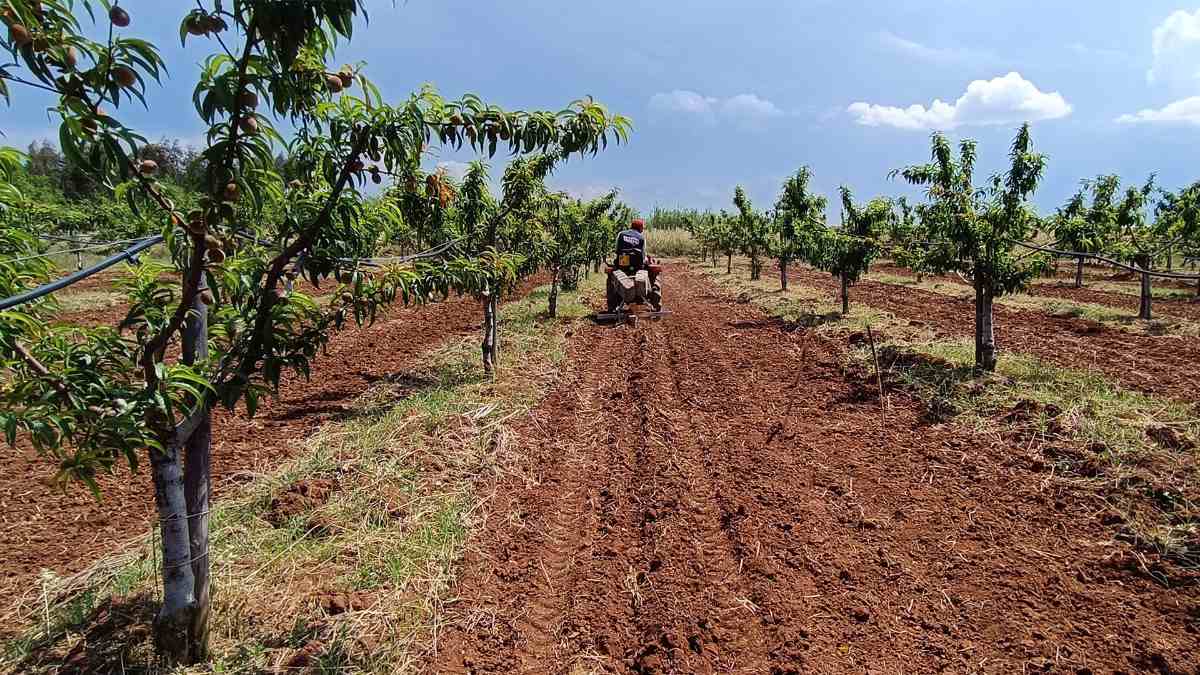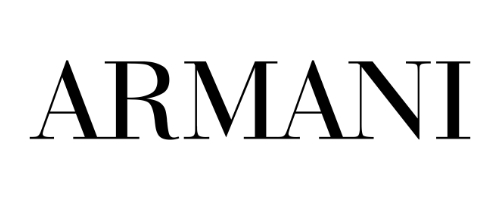Armani Brand
The Armani Group Announced A New Project “Apulia Regenerative Cotton Project”
Luxferity, 06.06.2023


The Armani Group announced a new project in collaboration with the Sustainable Markets Initiative’s Fashion Task Force and the Circular Bioeconomy Alliance: “Apulia Regenerative Cotton Project”, paving a sustainable and innovative path for fashion in Italy.
On the occasion of World Environment Day, the Armani Group further testifies to its commitment towards environmental issues and the active promotion of sustainable practices with the announcement of a new project in collaboration with the Sustainable Markets Initiative’s Fashion Task Force and the Circular Bioeconomy Alliance, both founded by His Majesty King Charles III in his former role as The Prince of Wales. The Apulia Regenerative Cotton Project will focus on the development of agroforestry-based cotton production.
Supported by the Sustainable Markets Initiative’s Fashion Task Force in partnership with the Circular Bioeconomy Alliance and coordinated by the European Forest Institute (EFI) together with the Council for Agricultural Research and Economics of Italy (CREA) and with PRETATERRA, the objective of this pilot project is to develop an experimental agroforestry regenerative cotton site, among the first of its kind, to test and scientifically assess new ways to implement sustainable cotton production in Italy. The aim is to demonstrate how to enhance landscape diversity, water saving and soil fertility as well as biodiversity-related ecosystem services while producing cotton with a low carbon footprint through the use of agroforestry systems. This innovative approach responds to increasing consumer demand for sustainable fashion globally, and at the same time, it ensures traceable and resilient value chains as well as the safety of resources.
“In fashion, everything begins from the material: all my designs start with the choice of fabric. And it was by experimenting and using non-traditional fabrics that I revolutionized fashion. But the textile industry is one of the sectors with the greatest impact on the planet and that is an issue that cannot be neglected. Our commitment with Sustainable Markets Initiative is to drive positive change: it is a bold and innovative project and one that is particularly meaningful for me and my company. Actively participating in the development of agroforestry regenerative cotton, especially on Italian soil, is an important step and will also have a real impact on local communities. Once a utopia, regenerative fashion finally begins to assume a tangible form” said Giorgio Armani.
Puglia (Apulia) has a mild climate which creates the perfect environment to grow a great diversity of agricultural crops and this project contributes to the reintroduction in the region of a long tradition of cotton farming, which dates back to the 12th century. After the initial cotton planting on one hectare of land which started being implemented last May, from 2024 cultivation will gradually expand to occupy a total farm area of five hectares.
Over five years, this farm site will be among the first field experiments in Europe testing agroforestry cotton with alternative tree species and regenerative practices. Regular scientific reports will evaluate the properties of the cotton yielded and will assess the environmental impacts and production levels of the different plots established.
The Apulia Regenerative Cotton Project is part of the Regenerative Fashion Manifesto, developed by the Sustainable Markets Initiative’s Fashion Task Force, chaired by entrepreneur Federico Marchetti in partnership with the Circular Bioeconomy Alliance (CBA), led by scientist Marc Palahí.
By adhering to the manifesto, members of the Sustainable Markets Initiative’s Fashion Task Force are committing to a progressive shift towards regenerative fashion – a circular biobased industry that uses newly created or restored regenerative landscapes as the basis for bioeconomy value chains and practices that empower local communities and support their prosperity.
This initiative is in line with the pledge of the Armani Group to integrate and strengthen sustainable and responsible development into the company’s values and business strategies. Indeed, in 2021 the Group enhanced its governance on this issue and launched a new sustainability strategy based on three main pillars “People, Planet, Prosperity”. The Group has also defined concrete objectives for the company and along its entire value chain according to the ESG approach (Environmental, Social, Governance).












